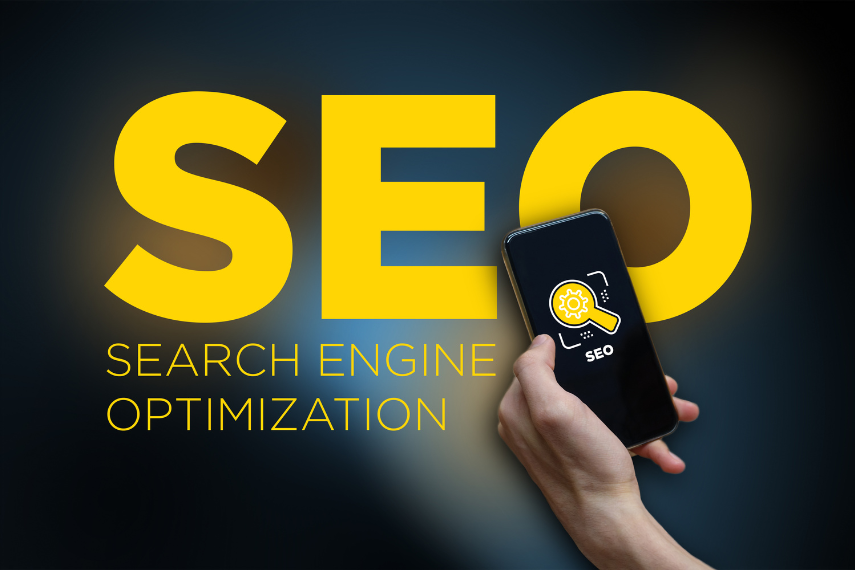
In today’s hyper-competitive digital landscape, SEO plugins and platforms are no longer optional; they’re essential. Among the most talked-about tools are SearchAtlas, Yoast, and RankMath. While Yoast and RankMath dominate the plugin market, SearchAtlas is making waves by offering a full-stack SEO solution. But which one truly delivers better results?
In this comparison, we break down how SearchAtlas stacks up against the well-established WordPress plugins and why it might be the smarter choice for those serious about dominating search rankings.
Understanding the Differences: Platform vs Plugin
Before diving into features, it’s important to understand the core difference:
- Yoast and RankMath are WordPress plugins primarily focused on on-page SEO.
- SearchAtlas, on the other hand, is a comprehensive SEO platform offering everything from keyword research and content optimization to technical SEO audits and link building.
If you’re only looking for basic on-page suggestions, a plugin might suffice. But if you want to develop and execute a holistic SEO strategy, SearchAtlas is built for that.
On-Page Optimization: Feature Comparison
Yoast and RankMath both provide page-by-page SEO grading for content. They focus on individual elements like:
- Focus keyword density
- Meta titles and descriptions
- Alt text and headings
- Internal link suggestions (RankMath)
SearchAtlas, while also offering content scoring, goes further by providing:
- Semantic keyword analysis
- Real-time AI-driven suggestions
- Multi-keyword optimization
- NLP-based content brief generation
- Competitor content comparison tools
This means that with SearchAtlas, you’re not just checking boxes you’re optimizing content based on what’s currently ranking in your niche.
Keyword Research: Beyond the Basics
Keyword research in Yoast is non-existent unless paired with a third-party tool. RankMath offers limited keyword data through Google integration.
SearchAtlas offers a full keyword research suite including:
- Monthly search volume
- Keyword difficulty
- Intent classification
- Keyword clustering
- SERP snapshot previews
This lets users find high-impact keyword opportunities directly in the dashboard no need to leave the platform.
Technical SEO: Who Does It Better?
RankMath edges out Yoast in terms of built-in technical SEO tools like:
- Redirection manager
- 404 monitor
- Schema generator
- XML sitemap customization
However, SearchAtlas provides full technical site audits and ongoing monitoring, including:
- Broken links
- Indexing issues
- Core Web Vitals
- Mobile responsiveness
- JavaScript rendering errors
- Canonicalization problems
Plus, SearchAtlas gives prioritized fix suggestions and visual crawl maps perfect for those without a developer on hand.
Content Planning & Topic Clustering
SearchAtlas shines in strategic SEO planning. It offers:
- AI-powered content brief generation
- Keyword cluster grouping
- Internal linking strategy based on topical relevance
- Competitor content gap analysis
Neither Yoast nor RankMath currently offers content planning features at this scale. They are reactive (based on what you write), whereas SearchAtlas is proactive (suggesting what to write).
Backlink Management
Yoast and RankMath have zero built-in backlink features.
SearchAtlas provides a complete backlink suite, including:
- Competitor backlink tracking
- Link quality scoring
- Toxic link detection
- Outreach-ready contact discovery
- Anchor text distribution insights
This empowers users to not just build links but build the right ones.
Reporting and Client Portals
If you’re running a business, you need reporting.
- Yoast and RankMath offer no reporting unless paired with other tools.
- SearchAtlas provides white-label reports, visual dashboards, and automated updates to clients or stakeholders.
Reports include traffic trends, keyword rankings, backlink growth, and technical performance delivered in a sleek, shareable format.
Pricing: What’s the Best Value?
- Yoast Premium: ~$99/year/site
- RankMath Pro: ~$59 – 199/year depending on tier
- SearchAtlas: Pricing varies based on users and features, but it’s designed to scale for individuals, teams, and agencies.
While SearchAtlas might seem more expensive upfront, it replaces several tools keyword research, audit software, content planning, and reporting making it highly cost-effective for professionals and agencies.
Ease of Use and Learning Curve
- Yoast: Easiest to use for beginners
- RankMath: Slightly more features, still beginner-friendly
- SearchAtlas: More powerful, but requires a bit more time to master
However, SearchAtlas provides training videos, guided workflows, and real-time AI assistance, which helps ease the learning curve.
Use Case Summary
| Use Case | Yoast | RankMath | SearchAtlas |
| Basic On-Page SEO | ✅ | ✅ | ✅ |
| Keyword Research | ❌ | Limited | ✅ |
| Technical SEO Auditing | ❌ | ✅ | ✅✅ |
| Content Strategy Planning | ❌ | ❌ | ✅✅ |
| Backlink Analysis | ❌ | ❌ | ✅✅ |
| AI-Powered Optimization | ❌ | ❌ | ✅✅ |
| Reporting & Client Management | ❌ | ❌ | ✅✅ |
Why SearchAtlas Is the Clear Winner for SEO Professionals
If you’re a casual blogger using WordPress, Yoast or RankMath might be enough to get started. But if you’re serious about SEO whether for business, clients, or long-term content growth SearchAtlas is the comprehensive solution you need.
It replaces multiple fragmented tools, integrates AI-driven strategies, and supports scalable workflows. In a world where SEO is constantly evolving, relying on plugin-only solutions is no longer enough.
Ready to Elevate Your SEO Strategy?
Plugins may help with surface-level optimization, but winning on search engines takes more. SearchAtlas gives you the full-stack power of modern SEO: from keyword research and content creation to backlink tracking and technical audits.
Want to see the difference for yourself? Visit SearchAtlas and start transforming your SEO efforts with a platform that works as hard as you do.
